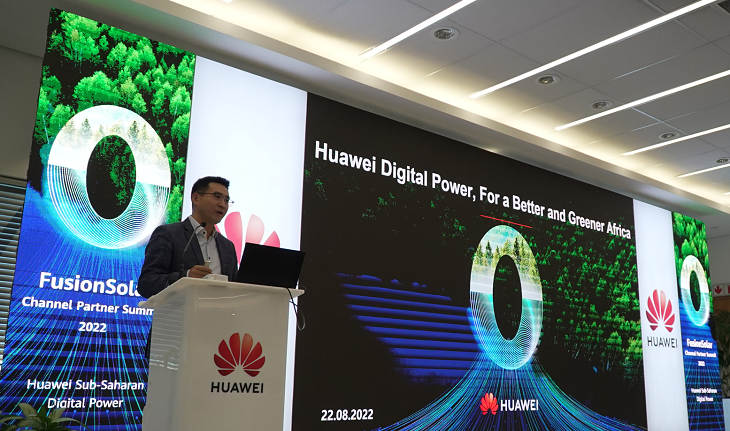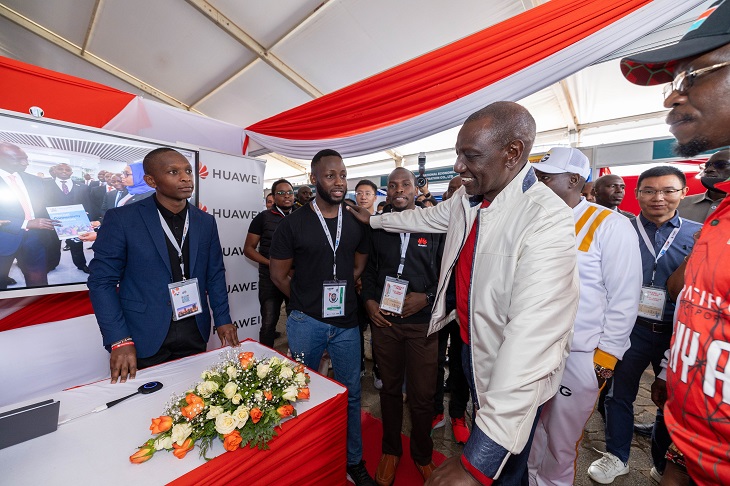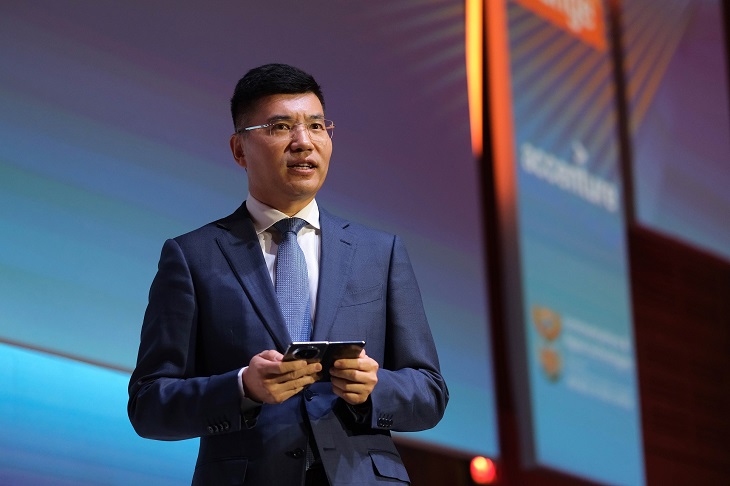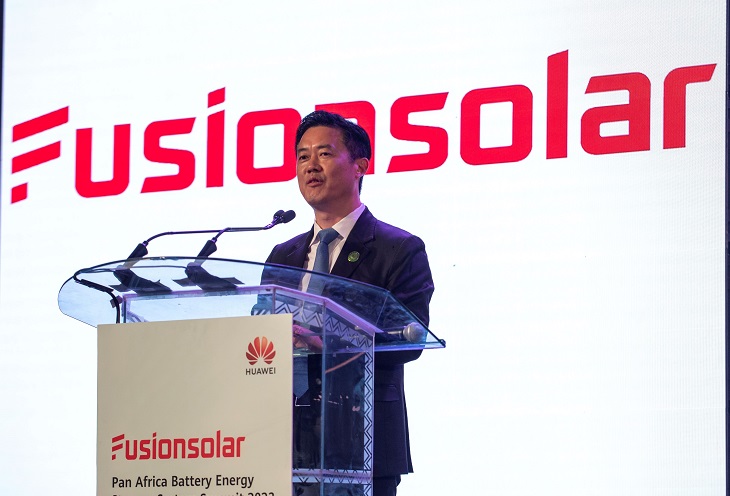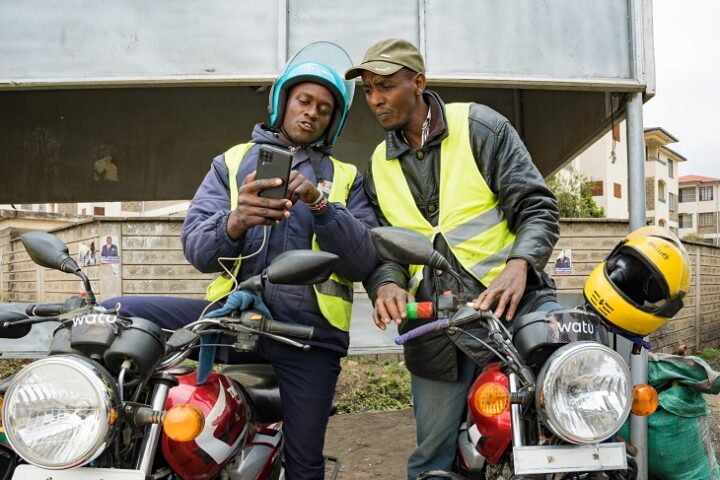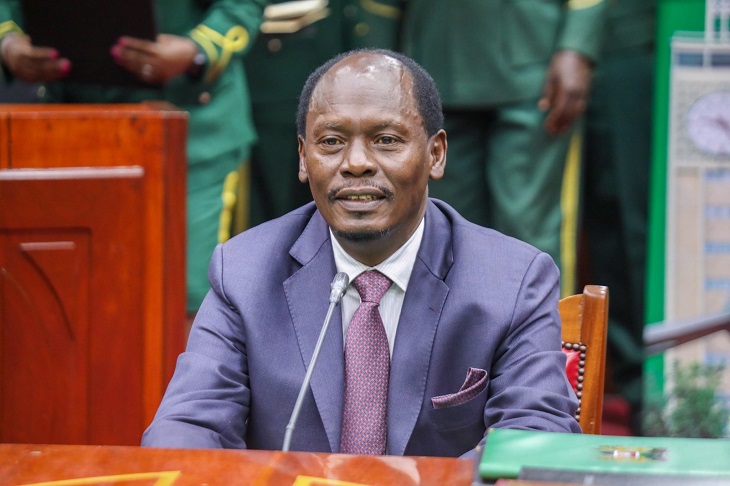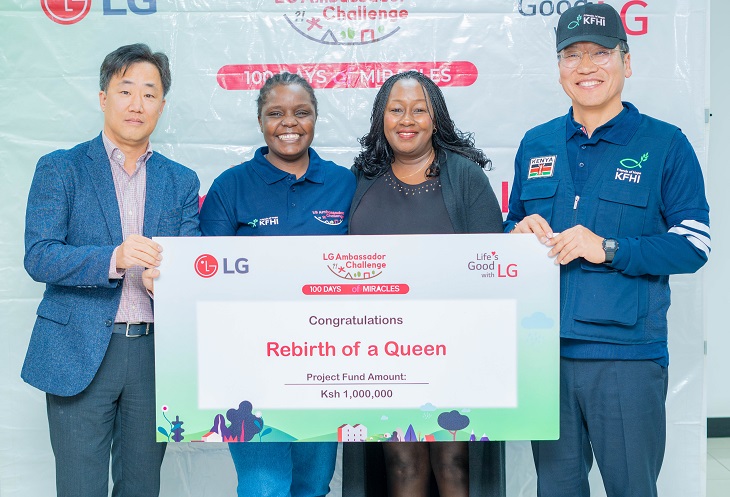Huawei has unveiled a raft of new technologies for local telecommunication operators that are designed to drastically cut energy costs. Generally, the energy consumption of mobile antennas has been increasing as mobile operators continue to offer more services to a rising number of mobile subscribers, with mobile data in particular putting an additional strain on network capacity.
Known as the Extremely Large-Scale Array Antenna (ELAA) and the Ultra-Wide Band Remote Radio Units (RRU), these technologies have been built with local escalating energy costs in mind. A commercialized ELAA site deployed at one wireless base station would achieve energy savings of up to 8,700-kilowatt hours per year (about Kshs 200,000 per year). With both Safaricom and Airtel Kenya set up a total of nearly 1,000 5G base stations countrywide, the total energy savings with the ELAA could reach Kshs 200 million annually.
Speaking at the just concluded AfricaCom 2022 Technology Festival in Cape Town South Africa, Leo Chen President of Huawei Sub-Saharan Africa Region said that the new systems will effectively and cost-effectively address some of the obstacles such as inconsistent spectrum resources and the insufficient fibreoptic network reaches that are holding Africa back in its drive to reach optimal Internet connectivity.
He added that Huawei’s innovative ultra-wideband technology reduces the number of RRUs by two-thirds and considering that 70% of wireless network traffic comes from indoor scenarios, the antennas play an increasingly important role in saving network energy and simplifying network deployment.
Leo Chen outlined these innovations in his speech themed “Lighting up the Future,” where he shared insights on cutting-edge trends in the telecom industry, including 4G/5G co-development, FMC intelligent connectivity, digital operations transformation, and green development leading the future of digital networks in Africa.
As Africa’s digital ship sails into the future, it requires a strong tailwind to propel it forward. Chen called for more favorable industrial policies and more cooperation between the public and private sectors. To this end, Huawei has set up four innovation centers in Africa, launched several plans to support the development of small and medium-sized enterprises (SMEs), and will train 100 000 digital champions in Africa over the next three years.
The high resilience and rapid growth of the continent’s digital economy, technologies such as 5G, artificial intelligence, and cloud are evolving rapidly and the adoption of ICT in a wide range of industries is growing,” said Chen. “They are supporting Africa in advancing the technical revolution, boosting productivity, and increasing jobs.”


